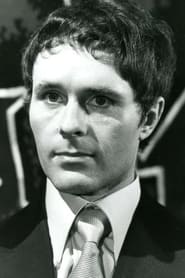

Ulysse est revenu(1978)
Movie: Ulysse est revenu

Ulysse est revenu
HomePage
Overview
Release Date
1978-07-03
Average
0
Rating:
0.0 startsTagline
Genres
Languages:
FrançaisKeywords
Similar Movies
PYRAMUS & THISBE(et)
In this modern adaptation of the classic Greek myth two young lovers bound by a tragic fate plot to escape their homes to start a new life somewhere far from their families.
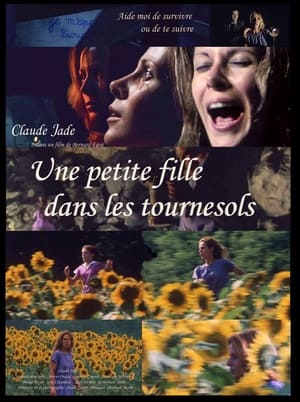 0.0
0.0Une petite fille dans les tournesols(fr)
The young teacher Marelle goes in search of her husband who mysteriously disappeared while attending the funeral of a childhood friend.
 6.1
6.1Tokyo Shaking(fr)
March 11, 2011. The biggest tsunami Japan has ever experienced triggers the Fukushima disaster. Risks are being downplayed but the foreign community in Tokyo is terrified by this tragic event and the fact that no one is capable of assessing its scope. Among them, Alexandra, a French executive newly arrived from Hong Kong to work in a bank, has to face this nuclear crisis. Torn apart between fol- lowing the company’s instructions and going back to her husband and children who are still in Hong Kong, she will find herself defending honor and given word, despite the pervading terror and chaos.
 5.7
5.7Homeland(ja)
Jiro Sawada is a sophomore in high school when a false accusation drives him out his hometown: a small village in Fukushima Prefecture. The entire village is abandoned after the 2011 Tōhoku earthquake and tsunami, but Jiro returns there to live. Before long, members of his family come and join him.
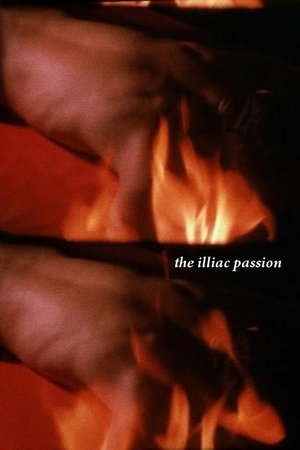 4.2
4.2The Illiac Passion(en)
Prometheus, on an Odyssean journey, crosses the Brooklyn Bridge in search of the characters of his imagination. After meeting the Muse, he proceeds to the "forest." There, under an apple tree, he communes with his selves, represented by celebrated personages from the New York "underground scene" who appear as modern correlatives to the figures of Greek mythology. The filmmaker, who narrates the situations with a translation of Aeschylus' Prometheus Bound, finds the personalities of his characters to have a timeless universality.
 4.5
4.5Pink Ulysses(de)
A homoerotic exploration of the Odyssey mixing black and white, color, and old film clips.
 10.0
10.0Absent Now the Dead(en)
The ghost of a soldier from the Trojan War travels through the ruins of the ancient world to confront a council of tyrants who make war on reason. A film dramatizing the ancient relevance of protest over power. Available Now on: watch.eventive.org
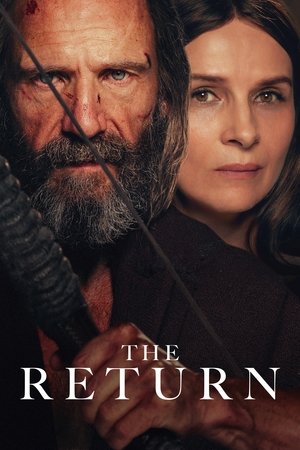 6.5
6.5The Return(en)
After twenty years away, Odysseus washes up on the shores of Ithaca, haggard and unrecognizable. The king has finally returned home, but much has changed in his kingdom since he left to fight in the Trojan war.
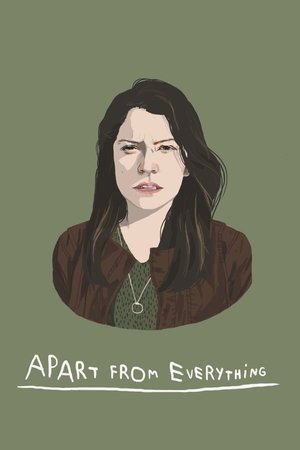 7.0
7.0Apart from Everything(en)
After a two-year absence and a recent stint in rehab, Fran returns home to Toronto. Struggling to live soberly for the first time in her adult life, she must face the emotional fallout of her disappearance and make amends with the girlfriend and the brother she left behind.
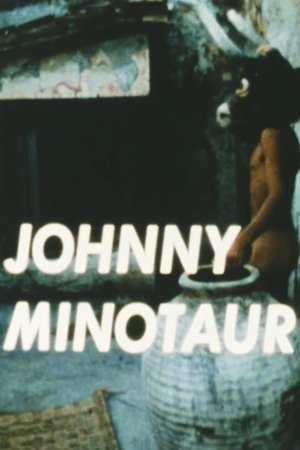 5.0
5.0Johnny Minotaur(en)
Johnny Minotaur is a lyrical explosion of taboos: incest, intergenerational desire, pansexuality and autoeroticism are a few of the issues Charles Henri Ford grapples with through mythopoeic, sensual imagery, recitations of his diaries and a philosophical debate featuring an impressive narration by such artists as Salvador Dali, Allen Ginsberg, Warren Sonbert and Lynne Tillman.
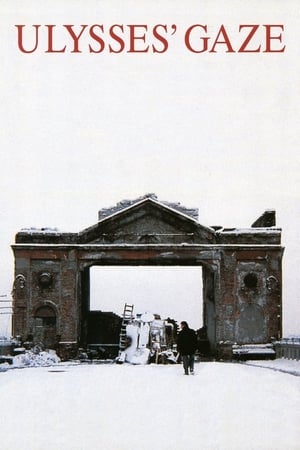 7.4
7.4Ulysses' Gaze(el)
An exiled filmmaker finally returns to his home country where former mysteries and afflictions of his early life come back to haunt him once more.
 0.0
0.0Ulysses' dog(pt)
20 years have passed since Ulysses went to fight in the Trojan War. Now he's considered lost and deceased. In Itaca, his homeland, his old dog Argos awaits his owner, wondering if he'll ever come back.
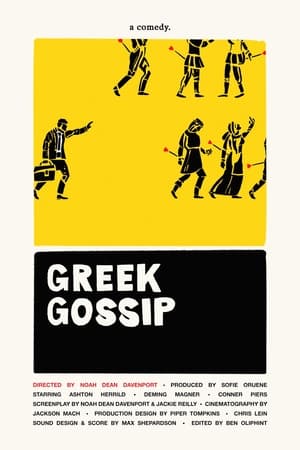 9.0
9.0Greek Gossip(en)
In a world where Greek mythology is reality, Ben, a lonely reporter, finds his morals swayed by his desperation for affection.
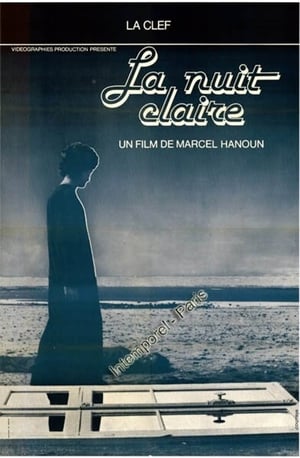 6.7
6.7The Bright Night(fr)
In a montage alternating with moments of Nigel Rogers' interpretation of the most beautiful passages from "Orpheus," the opera by Striggio and Monteverdi, La Nuit Claire is an evocation of the celebrated myth, within which images of the love between its two modern protagonists, Anne and Julien, are inscribed. - BAM/PFA
The Bacchae(en)
A talented ensemble cast bring Euripides masterpiece to life. The Bacchae (also called The Bacchants or Bakchai in Greek) tells the story of the god Dionysus who comes to the city of Thebes disguised as a charismatic young man accompanied by a throng of erotic female maenads. The immortal play is a study in fanatical religions and confronts the personal balance that we all must find between order and spontaneity.
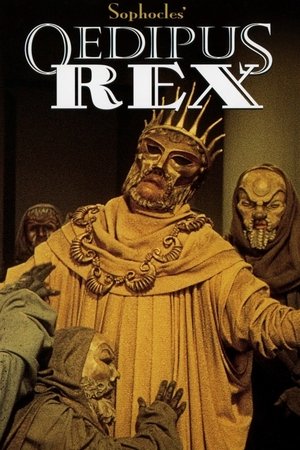 6.3
6.3Oedipus Rex(en)
The story of Oedipus' gradual discovery of his primal crime, killing his father and marrying his mother, filmed by the famed British theatrical director Sir Tyrone Guthrie. This elegant version of Sophocles' play adds a brilliant stroke: the actors wear masks just as the Greeks did in the playwright's day.
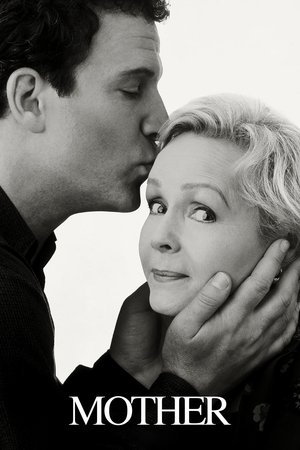 6.8
6.8Mother(en)
A neurotic, twice-divorced sci-fi writer moves back in with his mother to solve his personal problems.
 0.0
0.0Echo(en)
A reframing of the classic tale of Narcissus, the director draws on snippets of conversation with a trusted friend to muse on gender and identity. Just as shimmers are difficult to grasp as knowable entities, so does the concept of a gendered self feel unknowable except through reflection. Is it Narcissus that Echo truly longs for, or simply the Knowing he possesses when gazing upon himself?
